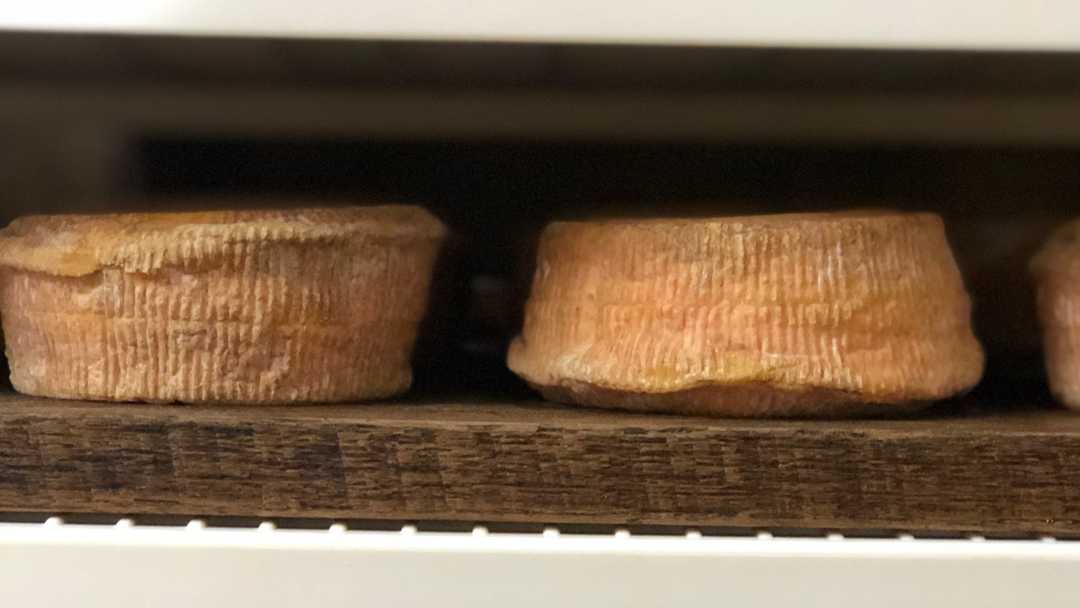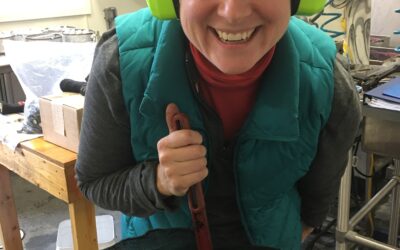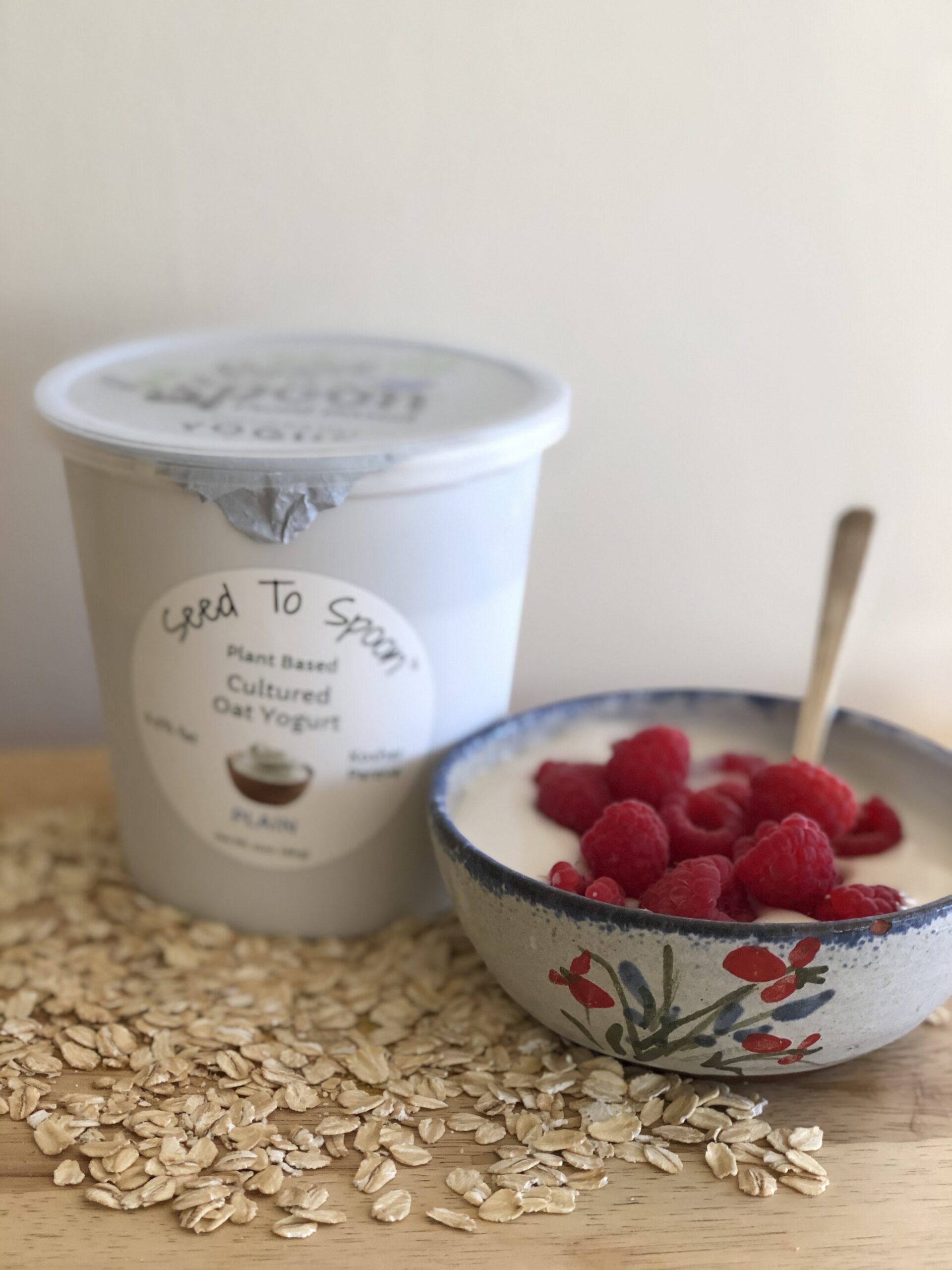Through the age-old alchemy of cheesemaking, the mother and son team behind Cato Corner Farm transform the flavors of their Colchester, CT, pasture into delicious farmstead cheeses. In 1979, Elizabeth MacAlister purchased the plot of land that now houses a barn and milking parlor for their 45 Jersey Cows, as well a creamery and cheese shop. In the mid-nineties, after years of managing a small herd of goat and sheep and dabbling in home-scale cheese making, she purchased 13 cows with a plan to produce cheese for sale. A few years later, her son Mark Gillman moved back to the family farm and took on the role of head cheese maker.

The cheeses they produce today are a reflection of the farm and its history, as well as the tradition of cheese making. Cato Corner’s signature stinky cheese, “Hooligan,” for example, is adapted from a recipe refined by Belgian monks which Elizabeth honed in her early days as a cheesemaker. What makes Hooligan distinct from that monk-made cheese is Cato Corner’s raw milk and the environment in which this liquid, perishable milk is cultured into solid, storable cheese. When derived from a specific farm in a single season, cheese tastes of that place.
Like wine, farmstead cheese has terroir. For seven months of the year, the cows at Cato Corner Farm graze on fresh green grass. When winter hits, they’re fed local hay. This forage-based diet imparts a distinct flavor to the milk, which is preserved and coaxed into the rich, nuanced flavors in all of Cato Corner’s raw milk cheeses: from their young and buttery Dutch Farmstead to their sweet and nutty Womanchego.
More Local Stories
Local Story: Fat Stone Farm
We make Elderberry Apple Shots here at Fat Stone Farm (Lyme, CT) because we personally wanted a more potent, and less processed, Elderberry Syrup than what we could find in the market. Back in 2010, we planted our first Elderberry bushes and after our first harvest,...
Local Story: Seed to Spoon
The Story of How Seed to Spoon Come to Be As a foodie and a food microbiologist I have always been fascinated by foods created through the magic of microbes. I combined this love early in my studies and career when I started working in fermentation science (a fancy...
Practicing Gratitude with PRWC
At the risk of stating the obvious, 2020 has been one wild ride. It has delivered “ALL THE THINGS” at a pace often too fast to process. 2020 has spotlighted that racism, inequality, and privilege still exist; that our food and other supply chains are flawed; that...




